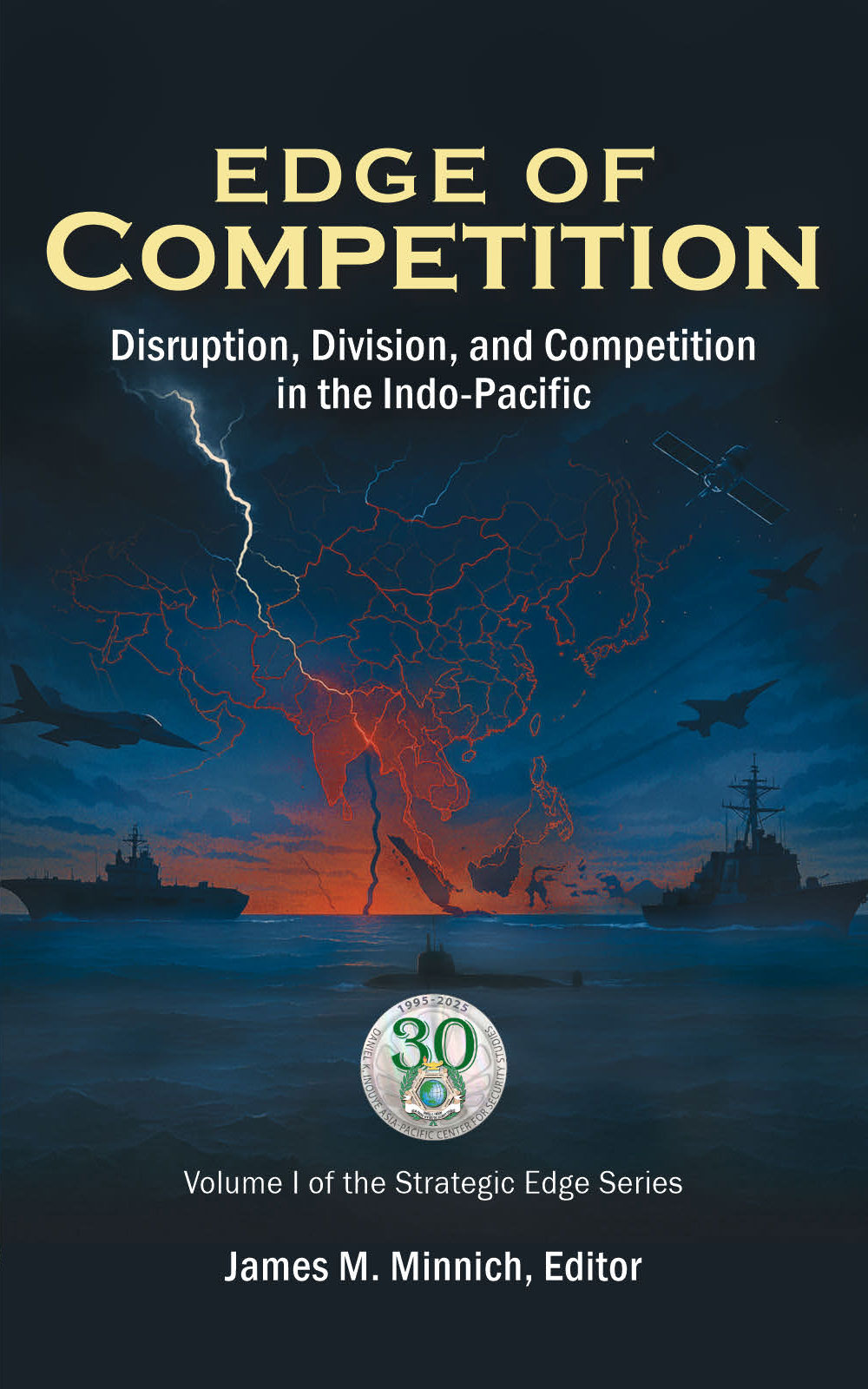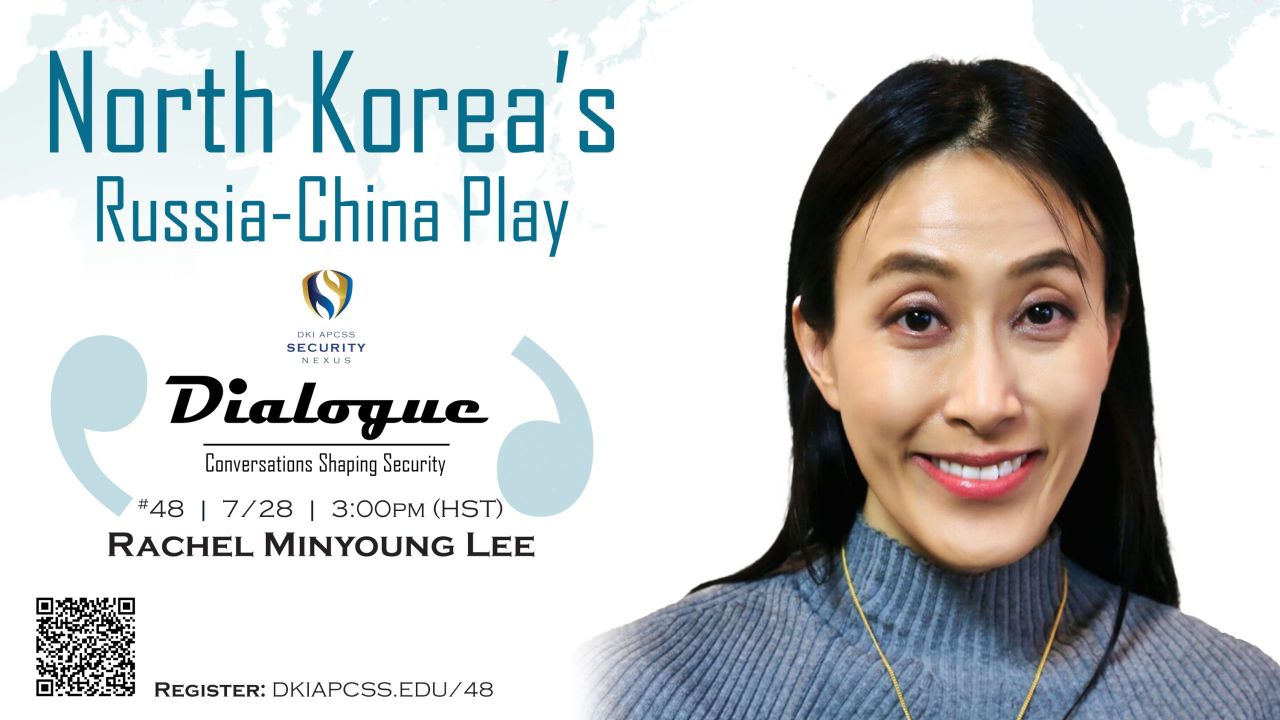Miles Yu
Miles Yu, Ph.D., is one of America’s leading scholars and strategists on China, East Asia, military history, and U.S.-China relations. A professor of East Asia and military history at the United States Naval Academy since 1994, he served as the principal China policy adviser to the U.S. secretary of state on the Policy Planning staff at the State Department from 2019 to 2021. He is currently a senior fellow and director of the China Center at the Hudson Institute, a senior fellow at the Institute for Indo-Pacific Security, and a visiting fellow at the Hoover Institution.













